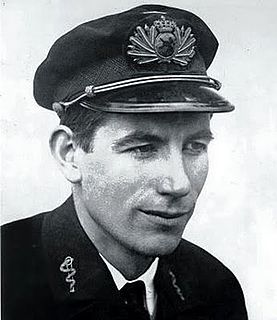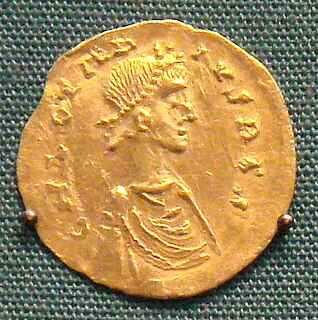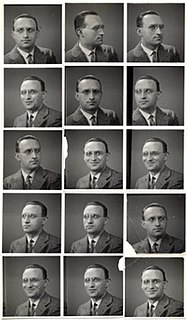Dutch-language literature comprises all writings of literary merit written through the ages in the Dutch language, a language which currently has around 23 million native speakers. Dutch-language literature is the produce of Netherlands, Belgium, Suriname, the Netherlands Antilles and of formerly Dutch-speaking regions, such as French Flanders, South Africa, and Indonesia. The Dutch East Indies, as Indonesia was called under Dutch colonization, spawned a separate subsection in Dutch-language literature. Conversely, Dutch-language literature sometimes was and is produced by people originally from abroad who came to live in Dutch-speaking regions, such as Anne Frank and Kader Abdolah. In its earliest stages, Dutch-language literature is defined as those pieces of literary merit written in one of the Dutch dialects of the Low Countries. Before the 17th century, there was no unified standard language; the dialects that are considered Dutch evolved from Old Frankish. A separate Afrikaans literature started to emerge during the 19th century, and it shares the same literary roots as contemporary Dutch, as Afrikaans evolved from 17th-century Dutch. The term Dutch literature may either indicate in a narrow sense literature from the Netherlands, or alteratively Dutch-language literature.
Nationality words link to articles with information on the nation's poetry or literature.

Gerrit Jan Komrij was a Dutch poet, novelist, translator, critic, polemic journalist and playwright. He rose to prominence in the early 1970s writing poetry that sharply contrasted with the free-form poetry of his contemporaries. He acquired a reputation for his prose in the late 1970s, writing acerbic essays and columns often critical of writers, television programs, and politicians. As a literary critic and especially as an anthologist he had a formative influence on Dutch literature: his 1979 anthology of Dutch poetry of the 19th and 20th centuries reformed the canon, and was followed by anthologies of Dutch poetry of the 17th and 18th centuries, of Afrikaans poetry, and of children's poetry. Those anthologies and a steady stream of prose and poetry publications solidified his reputation as one of the country's leading writers and critics; he was awarded the highest literary awards including the P. C. Hooft Award (1993), and from 2000 to 2004 he was the Dutch Dichter des Vaderlands. Komrij died in 2012 at age 68.

Adriaan Roland Holst was a Dutch writer, nicknamed the "Prince of Dutch Poets". He was the second winner, in 1948, of the Constantijn Huygens Prize. He was nominated for the Nobel Prize in Literature.

Jan Greshoff was a Dutch journalist, poet, and literary critic. He was the 1967 recipient of the Constantijn Huygens Prize.
De Nederlandse poëzie van de 19de en 20ste eeuw in 1000 en enige gedichten is a 1979 anthology of Dutch poetry. Compiled by poet and critic Gerrit Komrij and published by Bert Bakker, it quickly became a hotly discussed book and a yardstick for canonicity, nicknamed "The Bible of Dutch poetry". Controversy over Komrij's selection erupted almost immediately and even led to a lawsuit ; it is generally agreed, though, that the anthology has had significant influence on the canon of Dutch poetry.
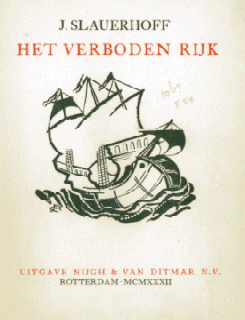
Het verboden rijk is a novel by Dutch author J. Slauerhoff (1898–1936). First published in 1931, the novel follows two narratives simultaneously—that of the Portuguese poet Luís de Camões, and that of a 20th-century Irishman, a radio operator and sailor. A sequel, Het leven op aarde, was published in 1933; a third book was planned but never finished.

Eldorado is a volume of poetry by Dutch poet J. Slauerhoff. First published in 1928, the collection gathers poems that speak mostly of sailors' and pirates' lives and desires. The poems contain familiar themes for Slauerhoff: a sailor's life, the impossibility of life on land or in society, the myth of the pirate and the Flying Dutchman.

Serenade is a volume of poetry by Dutch poet J. Slauerhoff. First published in 1930, the poems in the collection are mostly personal and lyric poems. Critics have noted that some of the poems are inspired by 19th-century French poetry and are sexual in nature, and they have responded in various ways, with assessments ranging from "childish" to "pure lyric". The themes of desperation and the desire to escape bourgeois life, common in Slauerhoff's other poetry, are found in Serenade as well, and two of the poems were used in an obituary for the poet, who died eight years after the publication of this volume.

Fleurs de Marécage is a collection of French poems by Dutch poet J. Slauerhoff, first published in 1929. Some are poems originally written in French, others are French translations by the poet of his originally Dutch poems.

Soleares is a volume of poetry by Dutch poet J. Slauerhoff. First published in 1933, and Slauerhoff's next-to-last volume, the poems in this collection center on Latin America and Portugal, and show a resignation or acquiescence not before seen in his poetry.
A. A. M. Stols was a Dutch printer and publisher, known best for his limited bibliophile editions of Dutch poetry.
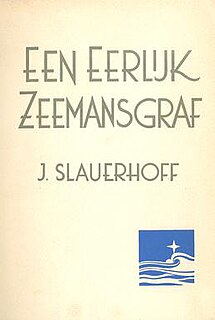
Een eerlijk zeemansgraf is the last volume of poetry published by Dutch poet J. Slauerhoff before his death.

Lucretia Wilhelmina van Merken was a Dutch poet and playwright. Born in Amsterdam, she began writing occasional poetry and in her early twenties had published her first tragedy. Influenced by the Enlightenment, her tragedies were classicist in style and proved to be popular, being performed all over the country. She wrote an ode in French for George Washington, and sent it to him, and for the revised Dutch version of the Book of Psalms she provided seventeen of the psalms.

Augusta Guerdina Peaux was a Dutch poet. She began her publishing career as a writer of prose fiction, in literary magazines and in one collection, and in the early 1900s started publishing poetry, in magazines associated with the literary movement known as the Tachtigers, with whom she became associated. With her sister Johanna, she translated poetry by Dante Gabriel Rossetti and Algernon Charles Swinburne, and with her friend Truus, with whom she shared a love for Iceland and its literature, she translated stories from the Edda. Two volumes of her poetry were published; she never sought literary fame, though some fame came to her posthumously.

Jacques Fabrice Herman Perk was an important Dutch poet of the late 19th century, who died young. His crown of sonnets Mathilde, published by Willem Kloos, was the first important announcement of a renewal in Dutch poetry brought about by artists that came to be known as the Tachtigers. Perk's lyrical poems about nature, especially his sonnets, were influenced by Percy Bysshe Shelley, and were of great importance to Dutch poetry.

